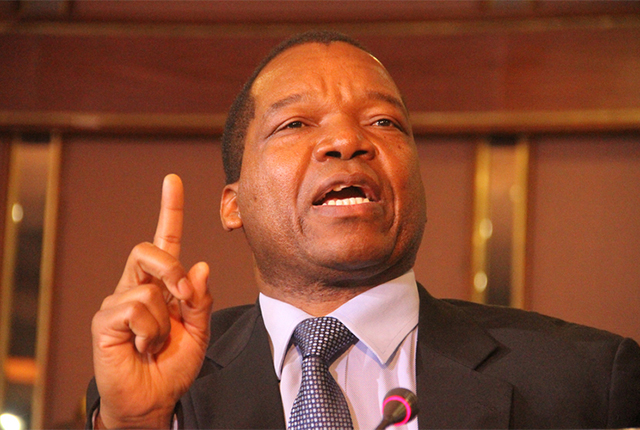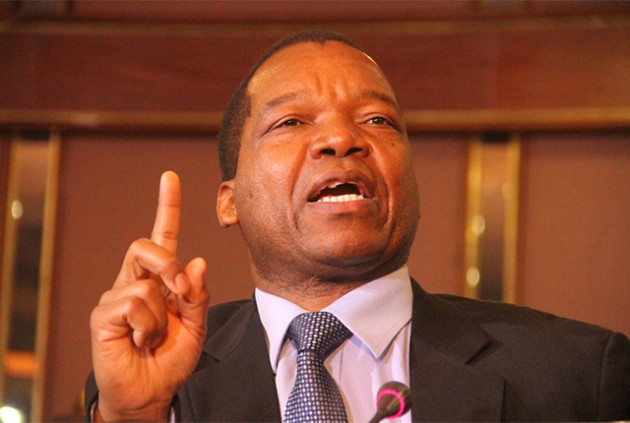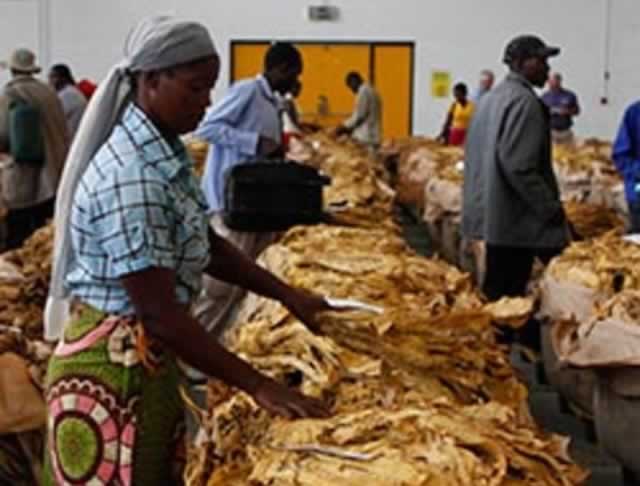RBZ raps banks over imports priority list


Dr Mangudya
Business Reporter
THE Reserve Bank of Zimbabwe has rapped banks for not strictly adhering to the import priority list in allocating foreign currency, describing their conduct as “indiscipline” and a “failure” of the market to make positive impact on the economy.
RBZ governor Dr John Mangudya said the fact that the 14,4 percent of foreign receipts handled by the central bank for redistribution into the market had more impact in the economy was a sign of market failure.
The percentage figure represents foreign receipts the bank handled between July 2016 and December 2016, amounting to $360 million, out a total of $2,5 billion inflows during the same period.
The export receipts were redistributed to the market for productive imports that include fuel, debt service payments, grain and raw materials for items under Statutory Instrument 64 of 2016.
Dr Mangudya said the RBZ handled around 25 percent of the foreign exchange receipts of the country attributable to 50 percent mining export receipts, 50 percent of tobacco value addition and 80 percent of green leaf tobacco and seed cotton net purchases.
In his 2017 monetary policy statement, Dr Mangudya said the balance of around 75 percent of the total inflows between July and December was distributed through the market system via banks.
“The fact that the 14,4 percent of the country’s foreign receipts handled by RBZ for redistribution into the market seems to have more impact in the economy is a sign of market failure.
“The bank shall quickly move to redress this market failure through measures that compel banks to adhere to the import priority list and to mitigate against institutional indiscipline such as the use of foreign exchange for personal cards and DSTV transactions ahead of raw materials to produce cooking oil, for example,” the central bank Governor said last week.
The central bank chief said financial institutions should do some soul searching and rethink on how they add value to the economy under the “New Normal”. The RBZ came up with a nostro utilisation template to manage foreign currency receipts at a time when foreign currency outflows far exceed the inflows. Zimbabwe has since 2009 been using a basket of foreign currencies, dominated by the US dollar, but has struggled strike a balance between foreign receipts and their usage at a time when most of its major sources are not performing at optimal levels.
The nostro utilisation statistics show that fuel was the biggest consumer of foreign generated into the country at 13 percent, followed by card transactions and DSTV subscriptions, 8 percent, loan repayment 7 percent and maize imports 4 percent.
“Spending more foreign exchange on DSTV subscriptions than on raw materials to produce cooking oil, for example, is not only counterproductive but also illogical,” Dr Mangudya said.
Similarly, the RBZ governor said, Zimbabweans’ appetite to externalise foreign exchange to foreign banks puts unnecessary pressure on the country’s balance of payments.
As reported by banks that report to the Bank of International Settlement- bank for central banks-deposits held by Zimbabweans at the offshore banks have been growing and stand at over $600 million.











Comments